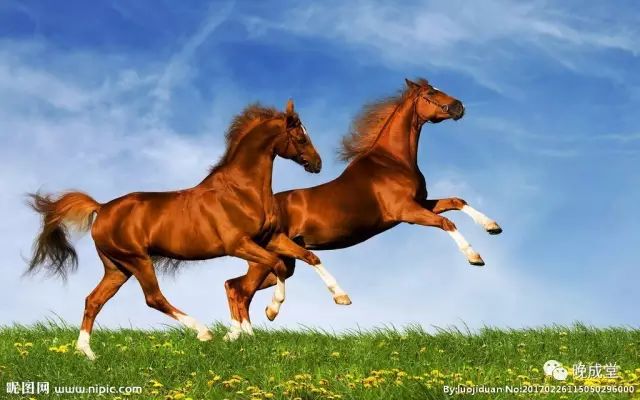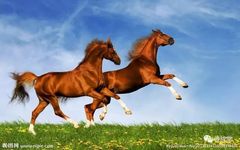
Water: It can be said that water is the primary medicine. Water governs storage and is “beneficial to all things without contention”; its energy is very gentle, and it can serve as a carrier. The general method of using traditional Chinese medicine (TCM) is to decoct herbs in water. Moreover, in ancient times, there were more specific requirements for the water used in decocting herbs, such as well water, rainwater, and spring water, with particular types of water being suitable for decocting certain herbs and treating specific diseases. Using water to decoct herbs is essentially using water as a carrier to convey the medicinal properties of the herbs, as a large part of the human body is also composed of water, making it easier for the body to accept the medicinal properties carried by water.
Water is also fluid, having no strong biases, being balanced and upright, and closely resembling the earth energy of the human body. Therefore, clean and well-circulated water naturally generates a flow. Most TCM herbal pieces are sun-dried; this is because once dried, they lose their water content and thus their ability to generate and circulate energy, or the circulation becomes very slow, which is beneficial for preservation. However, the medicinal properties remain, just temporarily fixed. After soaking and decocting, the herbs regain water, and their energy resumes circulation; the process of decocting herbs is essentially the process of slowly extracting the medicinal properties.
After the first decoction, 80% of the medicinal properties have already been extracted, and at this point, the efficacy is at its best. The second decoction can only extract a quarter of what was obtained in the first decoction, significantly reducing the medicinal properties. If the decoction from the first and second extractions is mixed, the medicinal properties will inevitably be less than that of the first decoction alone. Therefore, Master Li Yubin generally recommends decocting the herbs only once.

